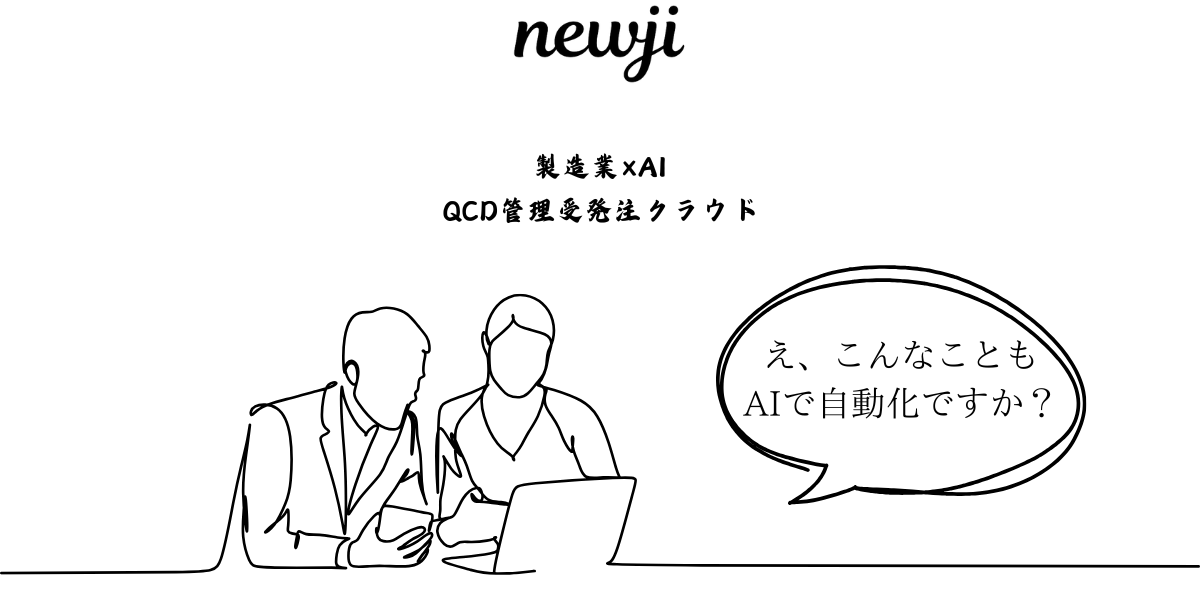- お役立ち記事
- Challenges and Solutions in Purchasing Customized Products

Challenges and Solutions in Purchasing Customized Products

目次
Understanding the Customization Trend
Purchasing customized products has become a significant trend in today’s market.
Consumers are eager for products that reflect their individuality and preferences.
From personalized gifts to bespoke furniture, the demand for customized items spans various industries.
Customization offers the benefit of making products truly unique.
It allows customers to have a hand in the creation process, ensuring that the final product aligns with their vision.
This trend has encouraged businesses to incorporate customization options in their offerings, enhancing customer satisfaction and loyalty.
Challenges Faced by Consumers
While the appeal of customization is clear, consumers face several challenges in purchasing customized products.
One of the primary hurdles is the longer lead time.
Unlike mass-produced items, customized products require more attention to detail and meticulous planning, which can delay delivery.
Another significant challenge is the cost.
Customization often comes with a premium price tag, as it involves more labor, unique materials, and specialized skills.
For budget-conscious consumers, this can limit their ability to indulge in personalized products.
Understanding the level of customization available is also a challenge.
Not all businesses offer the same degree of personalization, causing confusion and sometimes disappointment when the final product does not meet customer expectations.
Obstacles for Businesses Offering Customization
For businesses, offering customized products is not without its difficulties.
Maintaining a balance between flexibility and efficiency can be complex.
The ability to provide a wide range of customization options requires a robust and adaptable production process.
Inventory management poses another challenge.
Unlike standard products, customized items are often made-to-order, making it difficult to predict demand and manage stock levels effectively.
Businesses must optimize their supply chain to accommodate these unique requirements.
Moreover, ensuring consistent quality can be tricky when dealing with a variety of custom orders.
It requires stringent quality control processes to guarantee that every product meets the desired standards, regardless of how unique it is.
Solutions for Consumers
Despite these challenges, there are solutions that consumers can adopt to ease their journey into the realm of customized products.
Researching thoroughly before making a purchase is crucial.
Consumers should look for businesses with a track record of delivering quality customized products and read reviews to gauge reliability and customer satisfaction.
Setting clear expectations is important.
Consumers should communicate their vision and requirements clearly to vendors to avoid any misinterpretations.
Asking for samples or mock-ups can also help in visualizing the final product.
Budget planning is another strategic approach.
Consumers should weigh the cost of customization against the value it provides.
Comparing prices from different vendors can help find the best deal without compromising on quality.
Strategies for Businesses
Businesses, on the other hand, can employ various strategies to overcome the challenges in offering customized products.
Investing in technology is key.
Software solutions that facilitate design customization and automate parts of the production process can enhance efficiency and reduce errors.
Offering tiered customization levels can cater to different customer needs.
By providing varying options, from basic personalization to fully bespoke solutions, businesses can attract a broader customer base and manage workload effectively.
Training staff is essential for maintaining quality.
Investing in the development of skilled workers ensures that they are adept at handling customization requests and delivering products that meet high standards.
Boosting communication with customers is another effective strategy.
Keeping an open line of dialogue helps in managing expectations and reduces the chances of dissatisfaction with the end product.
The Future of Customized Products
Despite the obstacles, the future of customized products seems promising.
With technological advancements like 3D printing and artificial intelligence, the process of personalization is becoming more accessible and less costly.
These technologies enable businesses to implement customizations more efficiently and on a larger scale.
The growing emphasis on sustainable practices is also influencing customization trends.
Consumers prefer products that are not only unique but also environmentally friendly.
Offering eco-friendly materials and sustainable production processes is becoming a key differentiator for businesses.
As the market evolves, the potential for customized products is expansive.
By overcoming the existing challenges and implementing innovative strategies, both consumers and businesses can reap the benefits of this exciting trend.
Ultimately, the journey of purchasing customized products promises to be more rewarding and enjoyable as solutions emerge to meet the demands of an ever-changing market landscape.
 資料ダウンロード
資料ダウンロード
QCD調達購買管理クラウド「newji」は、調達購買部門で必要なQCD管理全てを備えた、現場特化型兼クラウド型の今世紀最高の購買管理システムとなります。
 ユーザー登録
ユーザー登録
調達購買業務の効率化だけでなく、システムを導入することで、コスト削減や製品・資材のステータス可視化のほか、属人化していた購買情報の共有化による内部不正防止や統制にも役立ちます。
 NEWJI DX
NEWJI DX
製造業に特化したデジタルトランスフォーメーション(DX)の実現を目指す請負開発型のコンサルティングサービスです。AI、iPaaS、および先端の技術を駆使して、製造プロセスの効率化、業務効率化、チームワーク強化、コスト削減、品質向上を実現します。このサービスは、製造業の課題を深く理解し、それに対する最適なデジタルソリューションを提供することで、企業が持続的な成長とイノベーションを達成できるようサポートします。
 オンライン講座
オンライン講座
製造業、主に購買・調達部門にお勤めの方々に向けた情報を配信しております。
新任の方やベテランの方、管理職を対象とした幅広いコンテンツをご用意しております。
 お問い合わせ
お問い合わせ
コストダウンが利益に直結する術だと理解していても、なかなか前に進めることができない状況。そんな時は、newjiのコストダウン自動化機能で大きく利益貢献しよう!
(Β版非公開)

